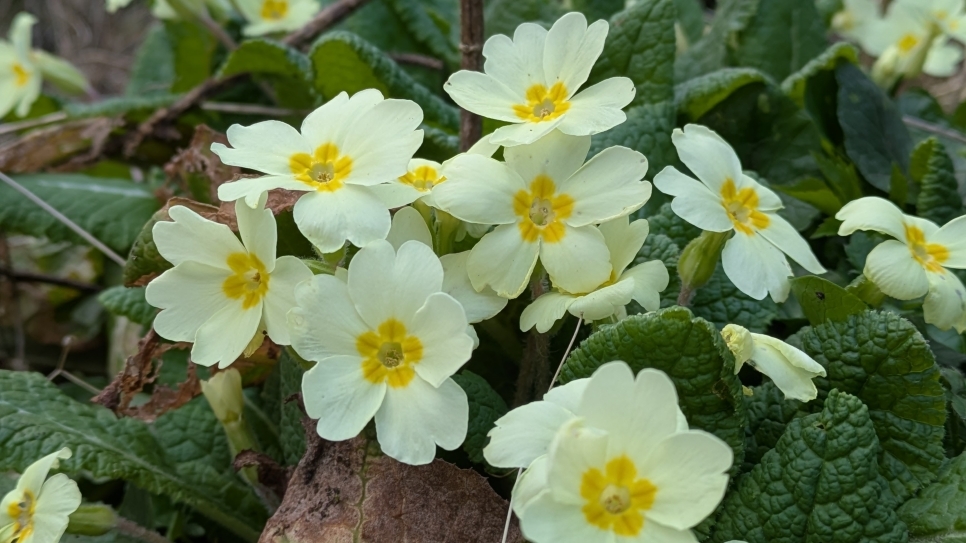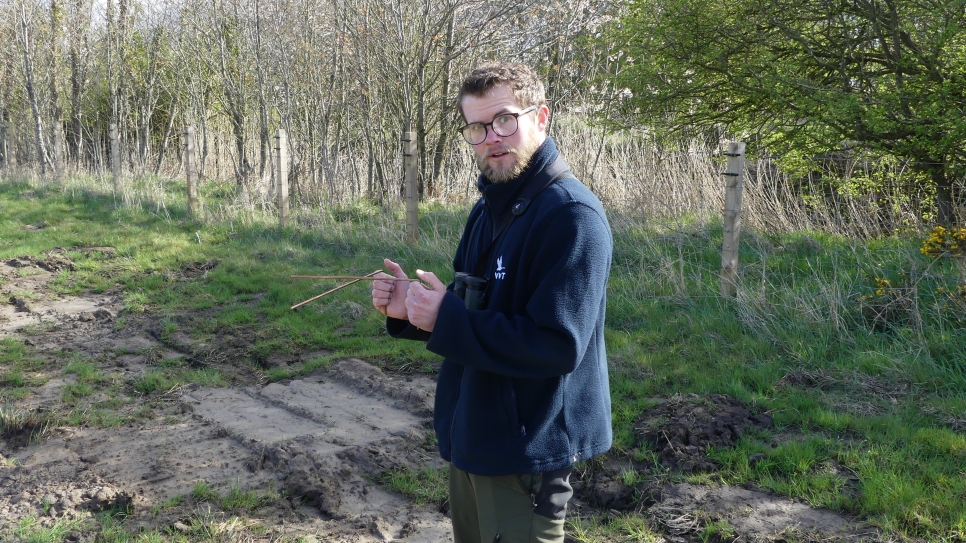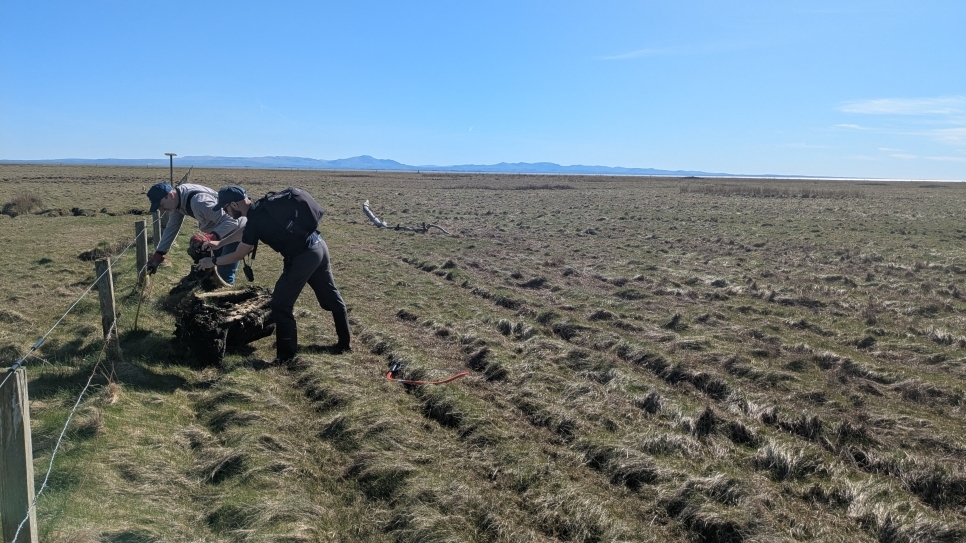Enjoying gorse close up... carefully
Gorse is a plant that we have a bit of a mixed relationship with on the reserve. Sometimes there is too much of it - it spreads and covers lots of other plants so we work hard to clear it in some places. It is unbelievably prickly and each prickle that pierces the skin leaves the end embedded. After any day working on gorse means time spent with a needle levering out bits of prickle.
But a gorse bush in full flower is a truly magnificent sight, especially a whole bank of them. With knowledge of the impact of close contact, you tend to give them a wide berth but that is to miss a whole episode of natural history drama. Next time you are passing a gorse bush in flower and you have five minutes to spare take a closer look…very carefully. I did this the other day and it was like looking into a multi-story metropolis.
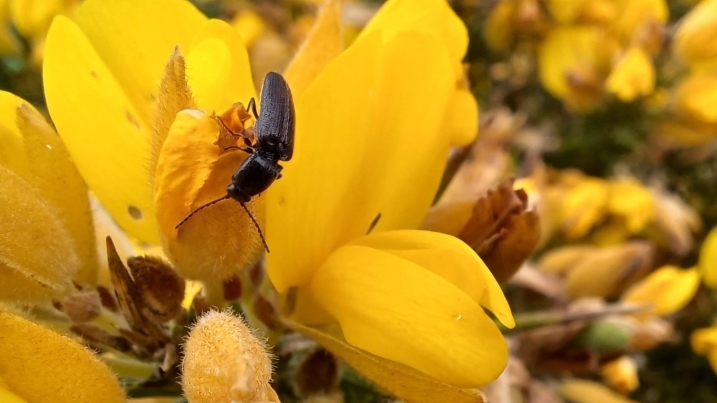
click beetle on a gorse flower
The mass of flowers draws in a multitude of insects – each bush can be absolutely teaming. Minute beetles like shiny drops of oil mate and feed amongst the flowers. Micromoths with waving stripes and blotches flit between bushes. Green bottles rest up while bees of all sorts noisily bumble about their business. Amongst the honey and bumble bees there are neat little solitary bees flitting about.
The spikes offer some protect from birds feeding on this insect buffet but other predators have moved in to take advantage. The rigid twigs and spikes offer perfect anchors for spiders to set webs while others use the flowers and seed pods as hiding places where they can wait to pounce on insects draw to the flowers. Predatory flies sit waiting, dead still, for the right sort of prey to turn up in the right place.
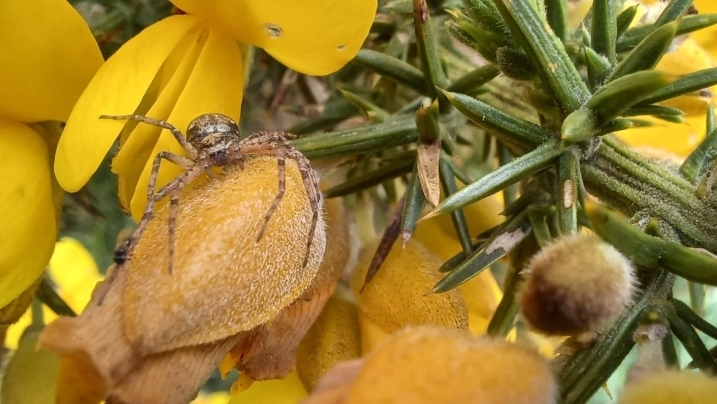
spider on gorse bud
But there is more to this. It is about us slowing down, taking some time to look close and enjoy what is right in front of us. Some of it might be small and so for those with less than perfect eye sight this can be a challenge. But these days, phones with macro lens or even a magnifying glass can bring so much more close in. We tend to like our wildlife big, close and colourful because it is easy but with a bit of careful application there is a multitude of joy to be had from a gorse bush in flower in the sun.
Words and pictures by David Pickett
Feature image of a predatory fly on a spikey bit of gorse
